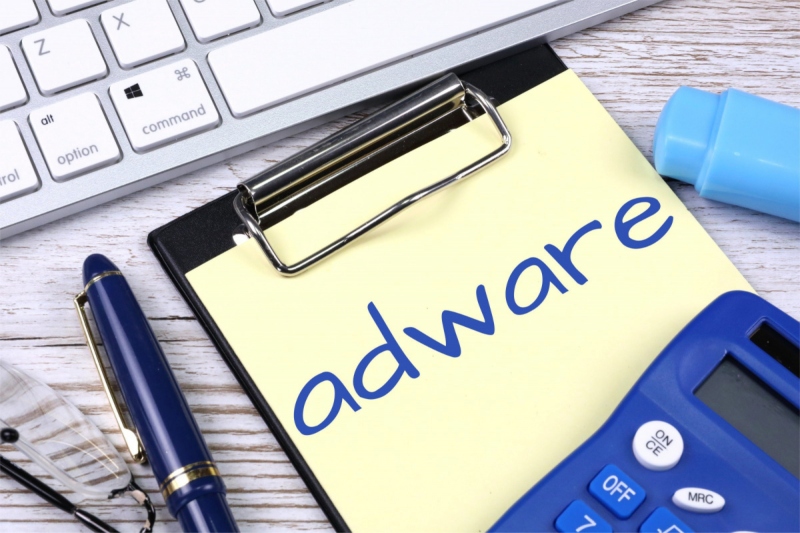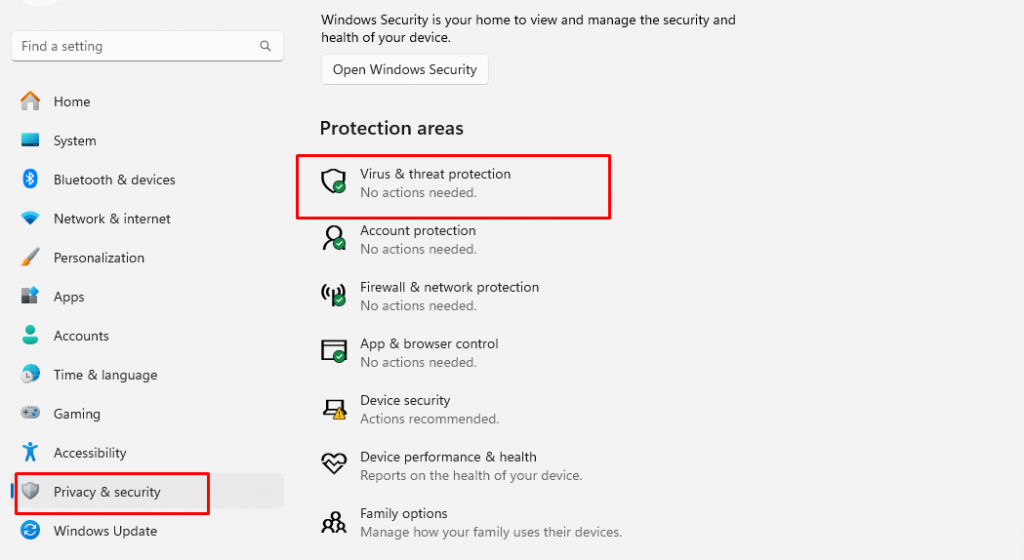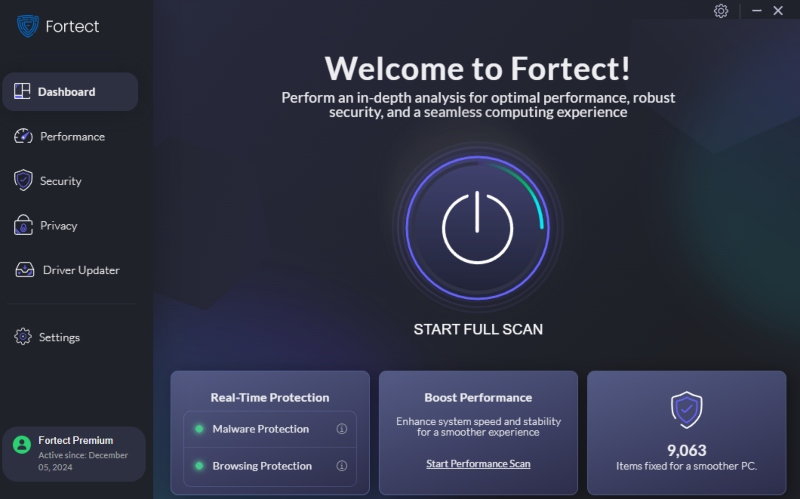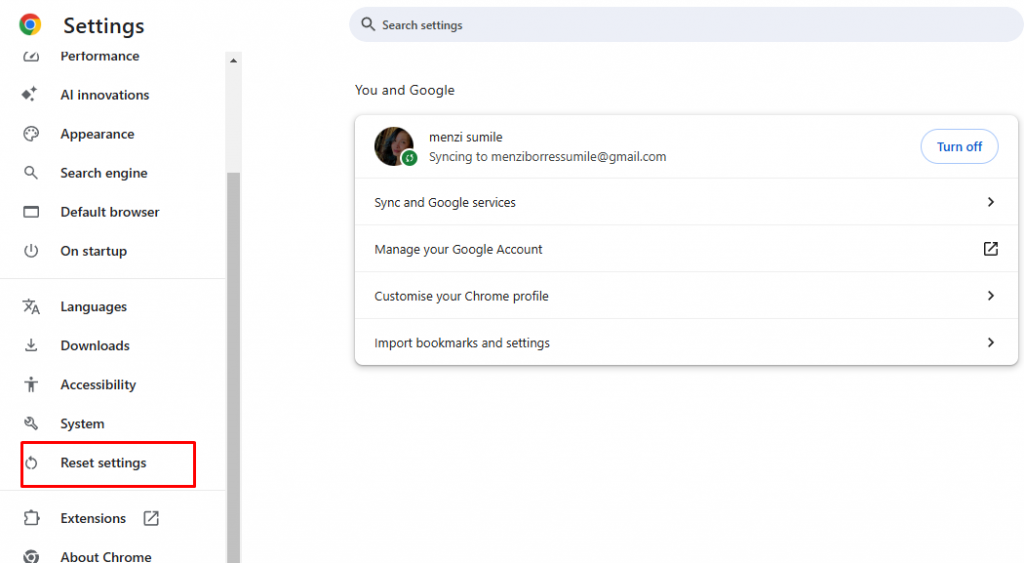How to Protect Your Windows PC from Adware & Bloatware
Adware and bloatware can significantly impact your Windows PC’s performance and security. These unwanted programs can slow down your system, bombard you with intrusive ads, and even pose security risks. Additionally, bundled software can expose users to data theft and tracking. Many free applications include hidden software that collects personal data, monitors online activity and even shares information with third parties without explicit consent.
This invasion of privacy can lead to targeted ads, identity theft, and unauthorized access to sensitive information. This guide will explain how to identify, prevent, and effectively remove adware and bloatware.
What Is Adware and Bloatware?
Adware: A Threat to Your Privacy

Adware automatically displays or downloads advertisements on your PC, often without consent. It can:
- Redirect your web searches
- Show excessive pop-up ads
- Track your browsing activity for targeted advertising
Bloatware: Unnecessary Pre-installed Software
In 2014, Lenovo users discovered Superfish, a pre-installed adware that injected ads into web pages and weakened security, making users vulnerable to cyberattacks.
Even Microsoft includes bloatware in Windows 10, such as Candy Crush, calculator, sticky notes, Paint 3D, and Groove Music. While some find these apps helpful, many users prefer a streamlined system. Unwanted software takes up storage, slows performance, and may run in the background without notice. Removing bloatware gives users more control over their devices and optimizes system efficiency.
Bloatware is unwanted software pre-installed on your PC or bundled with other downloads. It can:
- Take up storage space
- Reduces system performance
- Cause unnecessary background processes
How Adware and Bloatware Get Installed
These unwanted programs typically find their way onto your PC through:
- Software bundling – Hidden in free software installations, often collecting personal data and tracking user behavior
- Fake downloads – Disguised as legitimate applications
- Malicious ads – Clicking on deceptive advertisements
- Pre-installed programs – OEM-installed software from manufacturers
How to Prevent Adware and Bloatware on Your Windows PC
1. Download Software from Trusted Sources
Always install applications from official websites or the Microsoft Store. Avoid third-party download sites that bundle unwanted software with free programs.
2. Use Custom Installation Options
When installing new software, choose the Custom or Advanced installation mode. This allows you to deselect unnecessary add-ons or bundled applications.
3. Enable Windows Defender and SmartScreen

Windows Defender provides real-time protection against malware, including adware. Microsoft SmartScreen blocks malicious websites and downloads.
- Go to: Settings > Privacy & security > Windows Security
- Ensure Virus & threat protection is enabled
4. Keep Your PC Updated
Microsoft regularly releases security patches that help prevent malware infections.
- Go to Settings > Windows Update
- Click: Check for updates
5. Disable Unwanted Startup Programs
Adware and bloatware often start automatically with Windows, slowing down your PC. Uninstalling unwanted programs can help smoothen your machine’s performance.
- Open Task Manager: Press Ctrl + Shift + Esc
- Go to: Startup tab
- Disable: Unwanted programs
6. Remove Adware and Bloatware with Fortect
Bloatware and adware can slow down your PC, cause unwanted pop-ups, and compromise security. Fortect helps by:

- Detecting and removing adware that injects intrusive ads or modifies system settings
- Eliminating bloatware that clutters your system and drains resources
- Fixing corrupted files and cleaning crashed programs, ensuring optimal performance
- Removing junk files and unnecessary background processes, speeding up your PC
Download Fortect to keep your Windows PC clean, fast, and adware-free.
How to Remove Adware and Bloatware from Your Windows PC
1. Uninstall Unwanted Programs
- Go to Control Panel > Programs & Features
- Find and remove any suspicious or unnecessary software
2. Use Windows’ Built-in Tools
- Storage Sense: Removes temporary and unnecessary files
- Disk Cleanup: Frees up space by deleting unwanted system files
3. Scan Your PC for Malware
Use a trusted antivirus or anti-malware tool to scan for and remove adware infections.
4. Reset Your Web Browser

If your browser is affected by adware:
- Open browser settings
- Find the reset option
- Restore default settings to remove malicious extensions and changes.
Final Thoughts
Preventing and removing adware and bloatware is crucial for maintaining a fast and secure Windows PC. Following these steps, you can safeguard your system against intrusive software and enjoy an optimized experience.




